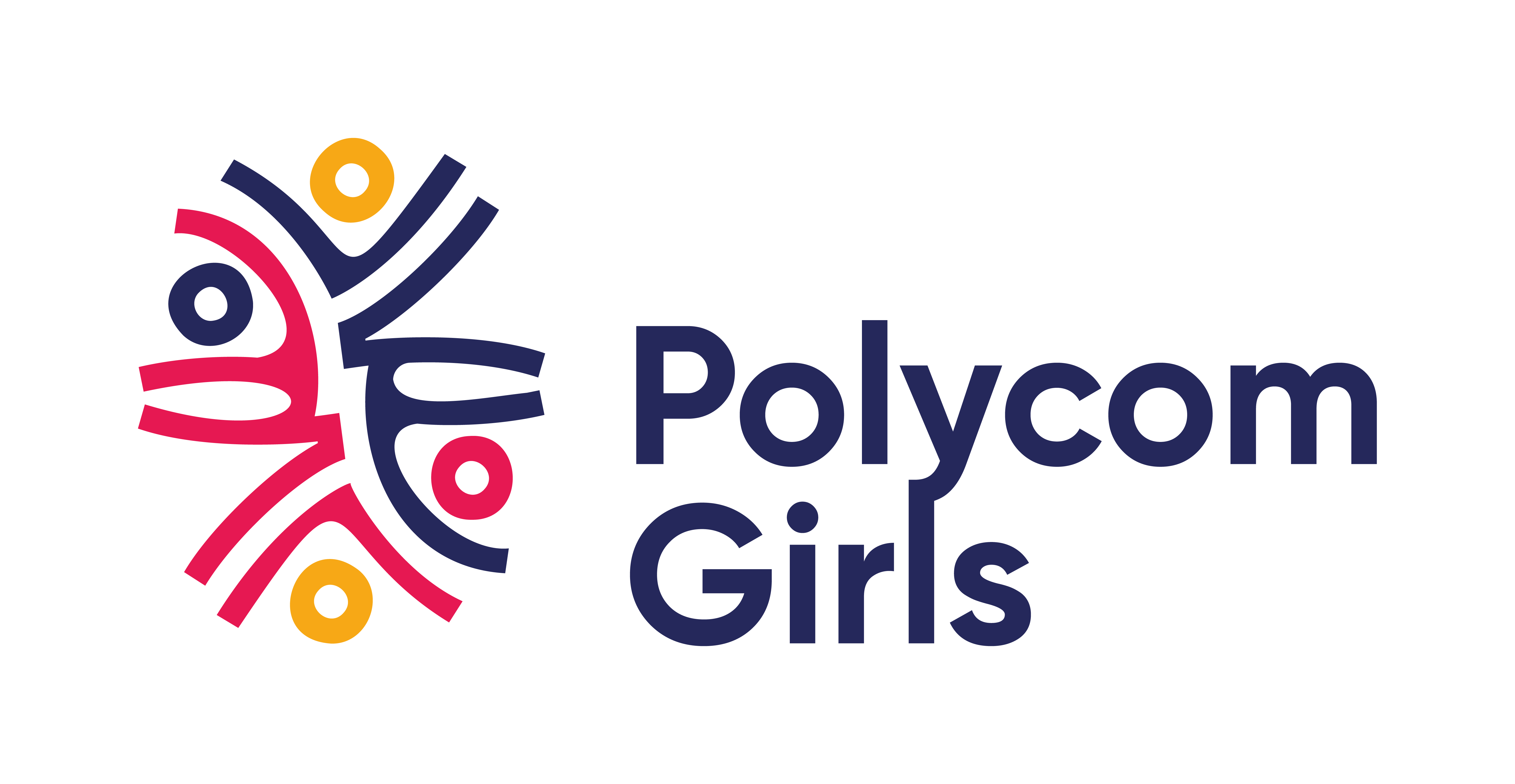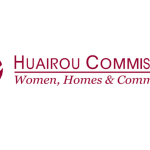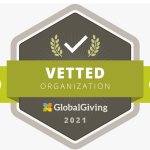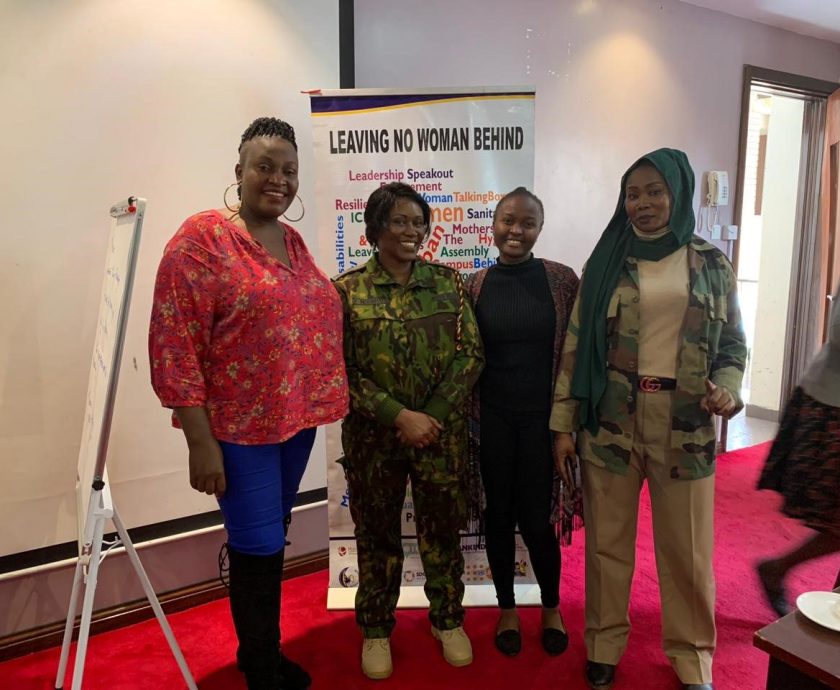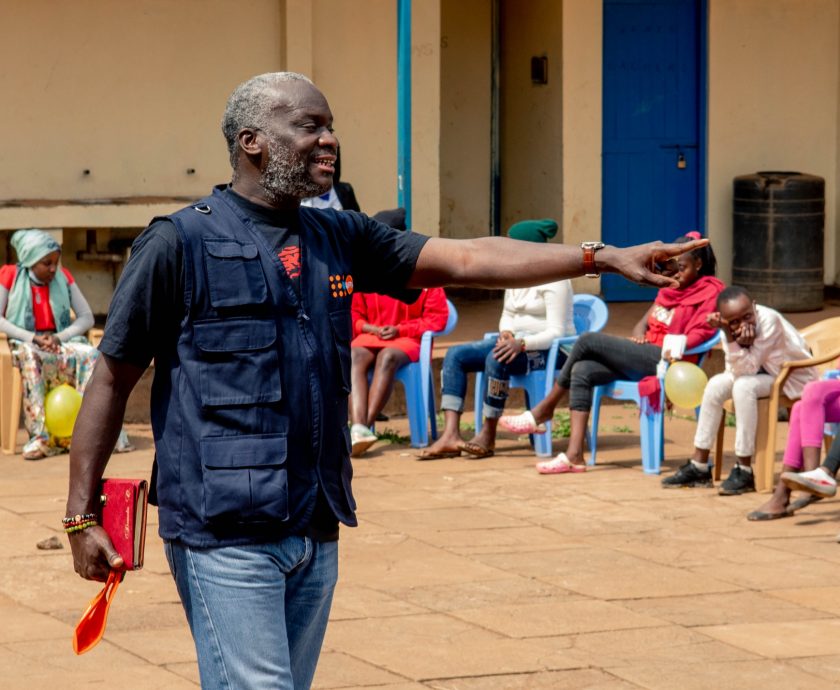COVID 19 has had a major impact in the economy of Kenya. The pandemic has largely affected various sectors and most affected is health. Kenya is ranked a middle-income country albeit its dwindling resources. The country suffered a heavy blow due to its unpreparedness in handling a pandemic. In this line, various hospitals such as Mbagathi District Hospital was converted to a COVID 19 response unit. This greatly affected the other services offered by the hospital and one critical area was the maternal and Neonatal clinic.
This resulted to many pregnant adolescent girls and mothers from Kibera area affected by the lack of such essential services within Nairobi. To survive, the women had to look for alternative service providers. Unfortunately, most resorted to giving birth at home for fear of contacting the disease. Most of the mothers avoided hospitals and preferred using mid-wives.
This posed a great risk for the mother and the unborn baby.
Various Organizations, working in Urban informal settlements have converged together to form a coalition that will voice the concerns of maternal health and neonatal health risks within Kenya. Through this coalition, maternal health as well as neonatal health will have a strong voice and base for championing the rights of women, adolescent girls as well as children in Urban informal settlements.
Polycom Development project, an NGO working in Kibera has gracefully joined the other civil societies. Together we believe that our voices will have a stronger effect and will push the agenda for the sake of our mothers and children.
This process has been supported by E4A Mama Ye and Options Consultancy. E4A-MamaYe catalyzes change by bringing together groups (including government, civil society and health practitioners) to use existing information and resources to:
- Identify the reasons why women and babies are dying.
- Agree on how available resources can be used most effectively to address these reasons.
- Advocate for the changes needed.
As a result, government and health practitioners are better able to respond appropriately to the issues causing unnecessary deaths and injuries. This means women and children have better access to improved quality health services, more women having safe births.
